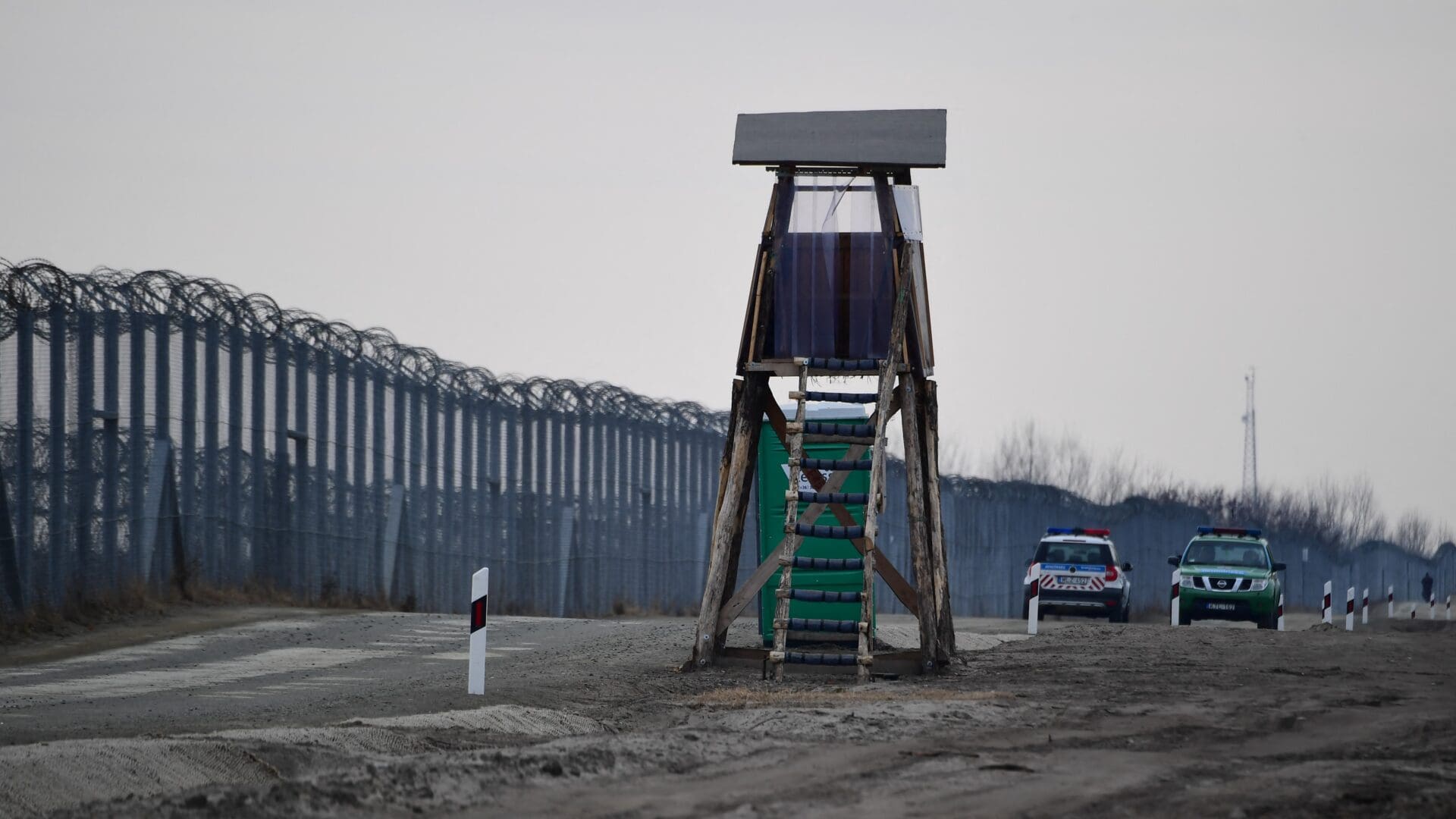Migration pressure on Hungary’s southern borders is on the rise, György Bakondi, the Prime Minister’s Chief Security Advisor stated during an interview on public M1 television’s morning news programme. According to Bakondi, while the Hungarian border played a significant ‘deflective role’ along the Balkan migration route in 2023, a surge in illegal crossings has been observed this year.
Bakondi explained that last year saw increased arrivals to the Greek islands, but reduced activity along Hungary’s border, especially in the latter half of the year. Many migrants shifted their routes towards Bosnia-Herzegovina, Slovenia, and Italy, thanks in part to enhanced collaboration between Hungarian and Serbian law enforcement.
However, 2024 began with a notable increase in illegal crossings. In the first ten days of January, authorities apprehended 461 individuals attempting to cross Hungary’s border, a significant rise compared to just 49 in the same period last year. Bakondi attributed the winter surge to the increasing sophistication and organization of human smuggling networks. These groups now operate with advanced equipment, substantial financial resources, and efficient systems for transporting and sheltering migrants. The advisor warned of the persistent threat of severe terror attacks, vehicular assaults, and stabbings across Europe, as well as the continued existence of so-called ‘no-go zones’. These issues, he said, contribute to public anxiety and influence political landscapes.
He noted that the rise of patriotically inclined political parties reflects growing public pressure on national governments to respond more decisively to migration challenges. These measures often include reintroducing border controls within the EU, tightening deportation policies, and reducing financial support for migrants. Bakondi predicted such political shifts would likely continue in 2024. During an appearance on Kossuth Radio, Bakondi also criticized the European Union’s stance on migration. He highlighted a contradiction in the EU’s approach: while leaders stress the importance of securing external borders, Hungary has been penalized for its efforts to do so.
Bakondi lamented the lack of meaningful change in the EU’s migration policies and emphasized the need for greater support to countries on the frontlines of migration routes.
Related articles:







